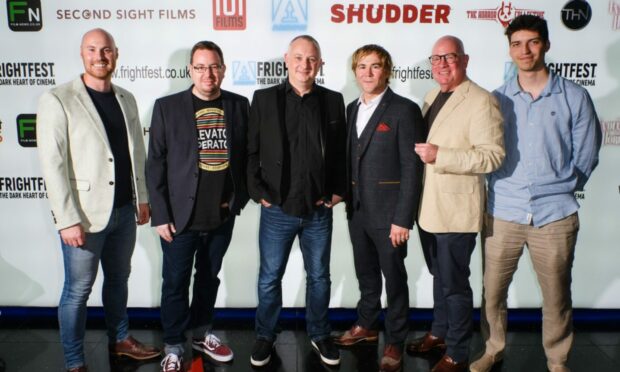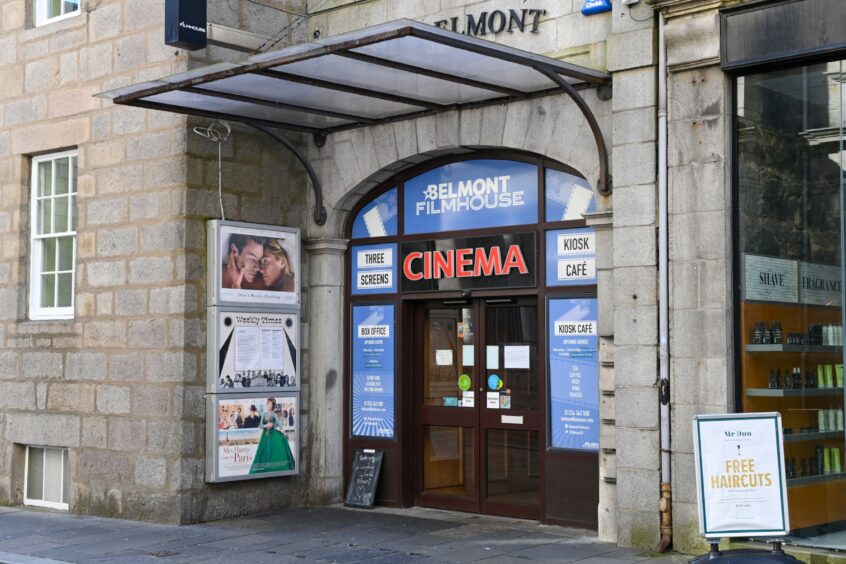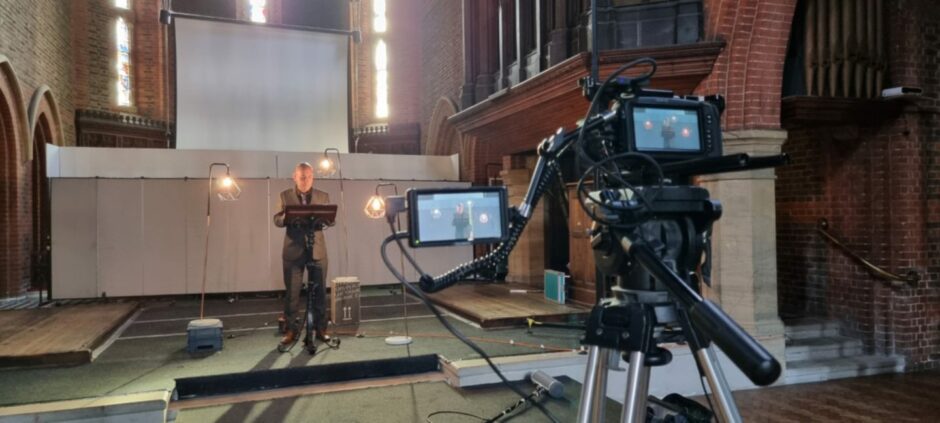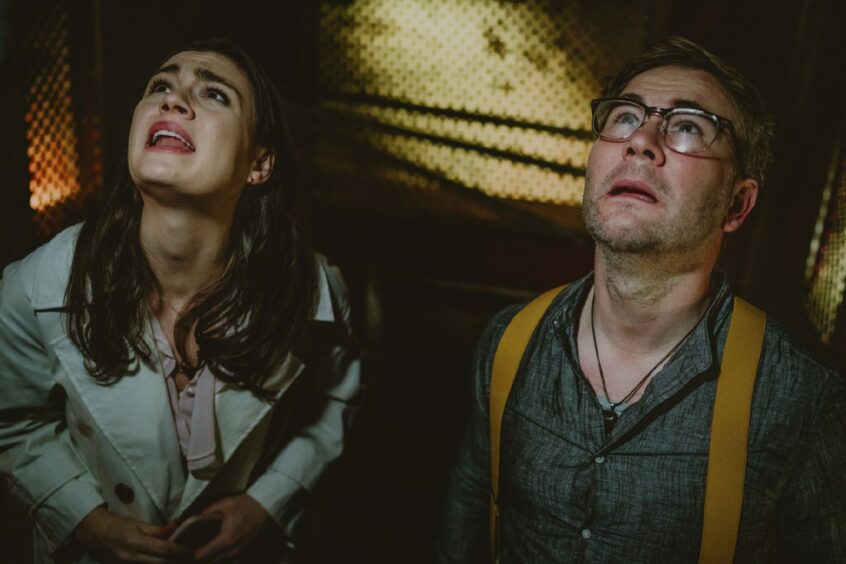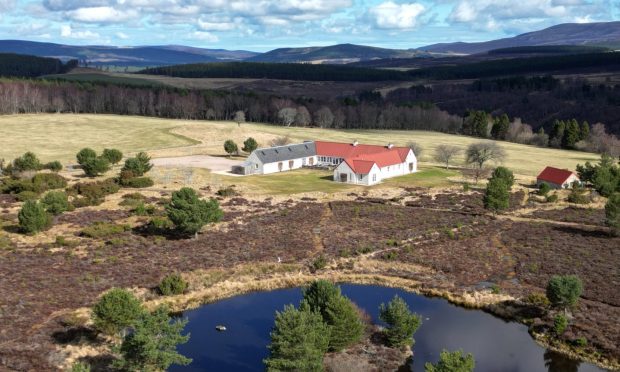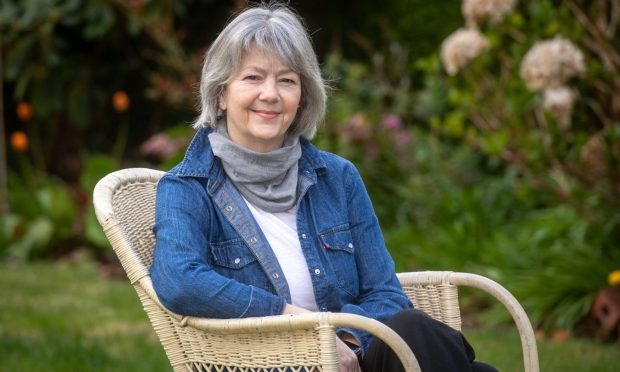Chris Watt has fond memories of watching iconic Steven Spielberg flick E.T. at the former Playhouse Cinema as a child.
Now, the 42-year-old is watching his own stories come to life on the big screen as his dream of becoming a screenwriter is his new reality.
He recently watched his second feature film The Mire premiere at Portsmouth’s No6 Independent Cinema last week.
This follows a gruelling 20 years of commitment to an industry that wasn’t always promising to an aspiring “young lad from the north-east coast”.
But Chris recognised a passion within himself from a young age and fanned the flame until he reached his goal.
He shared: “The fact that my earliest memory, at least as very far back as I can remember, is being taken to the cinema probably says an awful lot about the person I turned out to be.
“I just couldn’t get enough of it. Cinema was always the art form that I gravitated towards. It’s all about telling stories.”
The father of one recalled “falling deeply in love with escapism”, often sitting down in front of a screen to absorb film – he cited this as a “religious experience”.
Film has always been there
“Cinema has always remained the constant. I don’t have a religion, but it’s like going somewhere to worship something you love. Though it always came back to storytelling.
“I like the idea of someone being able to tell the full story in 90 minutes. It just appealed to me,” said Chris.
While Chris was immersed in the glitz and glam of showbiz, he had never considered the plausibility of becoming a part of that world, or that it flourished beyond Hollywood.
It wasn’t until his teens that the Peterhead native “found a better grasp for cinema” and began looking for opportunities to explore storytelling.
He credits this to the Belmont Filmhouse, of which he has “enormous solidarity” towards following its closure.
“When you’re younger you tend to see cinema as Hollywood, particularly American films. It was so fundamentally important to me to see films that didn’t get exposure in multiplex cinemas.
“The Belmont cinema was incredibly important to me as a teenager because that’s where I saw the smaller films I was reading about. And I became more aware of this after I went to film school,” explained Chris, who graduated from the University of Northumbria in 2001.
Sticking up for film culture
Since graduating, Chris has written around 20 screenplays and more are currently in development.
“Film culture up here is incredibly important to help us harvest the talent we have here. And to no longer have access to world cinema, or the events they would put on, is a real blow.
He continued: “Cinema is more than a blockbuster experience. It is a legitimate art form.
“And we’re not going to have a generation who are curious about film as an art form in this area if we don’t have somewhere like the Belmont to show it.”
Sharing his hometown with award-winning director Jon S Baird and Trainspotting actor Peter Mullan, Chris believes the north-east has potential to house the next generation of filmmakers.
Commenting on the city’s “great facilities” and “striking scenery”, he can’t comprehend why Aberdeen isn’t “utilised as much as Glasgow or Edinburgh”.
He said: “Having more films shot in this area is only going to be good for the curiosity of young people who want to get into the business.
‘We need new breed of film-makers’
“If they see it’s accessible they will come to it and we will have a new breed of film-makers; God knows we need them.”
At the age of 12, Chris found himself working as an extra on the set of 1992 period drama Salt on Our Skin, and the experience “made a huge impression on me”.
“I’ll never forget the curiosity I had of seeing the camera, the crew, how the film is made and the camaraderie of the crew. I got a big buzz out of that,” Chris recollects.
Three decades later, Chris relives the same buzz after spending “30 years dreaming”.
Just last August, Chris witnessed his own penmanship transpire on-screen with psychological thriller Stalker.
The film tells the story of a young woman trapped inside a lift with her stalker and stars Outlander’s Sophie Skelton, Stuart Brennan and WWE legend Bret ‘The Hitman’ Hart. Chris drew upon his own personal experience of being stuck in an elevator before the tale blossomed over a number of years.
Reminded about the graft of his journey, Chris said: “You think it’ll come to you very easily but it’s been a long slog. And now it’s finally happened, I’m holding on for dear life.
“All I can say is you have to work at it and having a strong work ethic is vital. And it’s the cliché of never giving up. If you really want something, you have to be willing to take the 20 years where it doesn’t happen.
“Rejection is a huge part of your body armour in this business. I still get rejected now. But every single one of those rejections is a closed door that turns you towards another door.
“And you have to keep trying the doors because who knows what’s on the other side.”
Chris’ latest thriller The Mire is the first feature film produced under a local production scheme run by Portsmouth-based company Apple Park Films and was shot entirely in the city.
It premiered last week.
Chris credits Danny Boyle’s 1994 directorial debut Shallow Grave, a film he calls an “absolutely perfect thriller”, as an inspiration behind the story.
